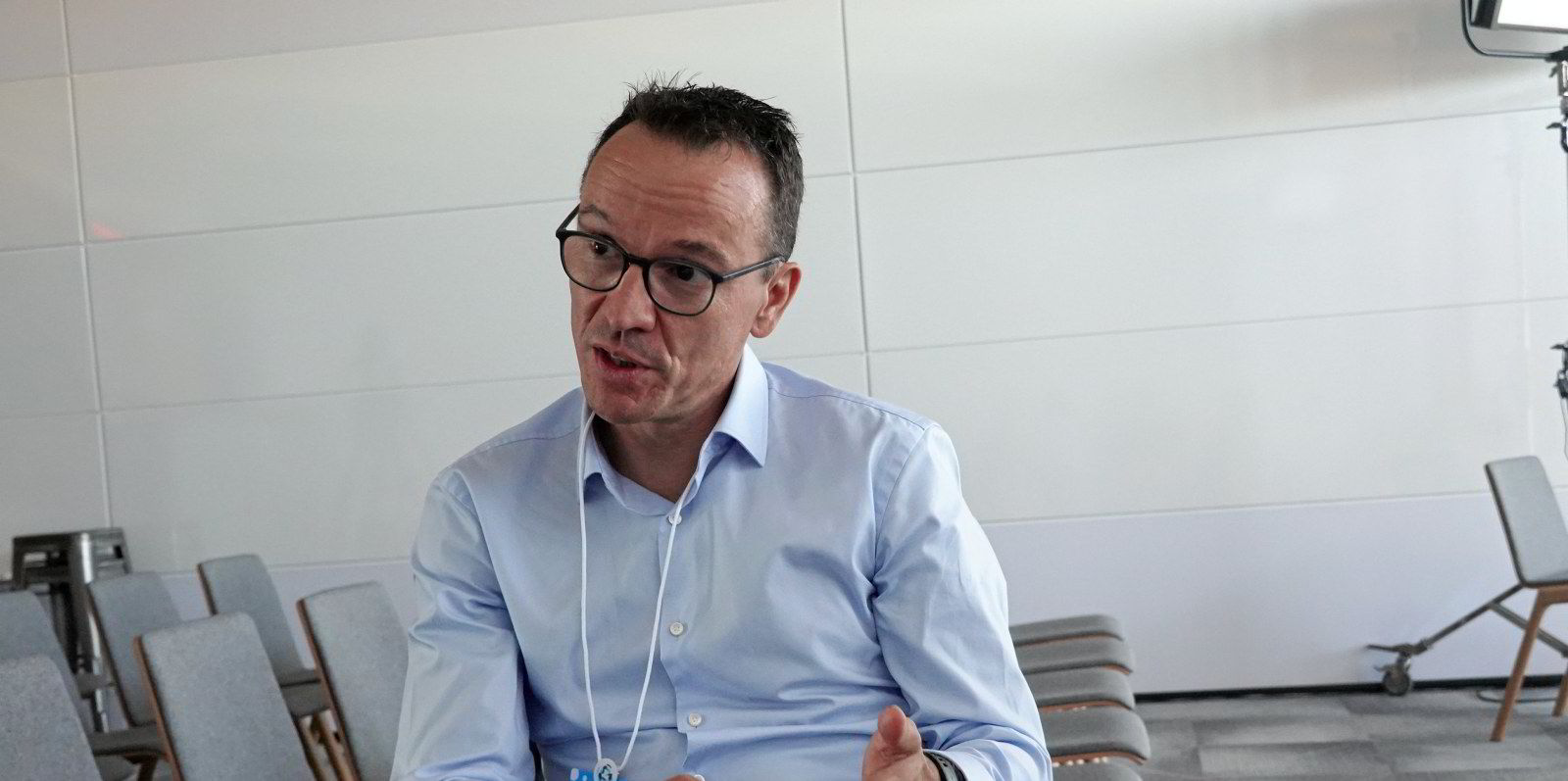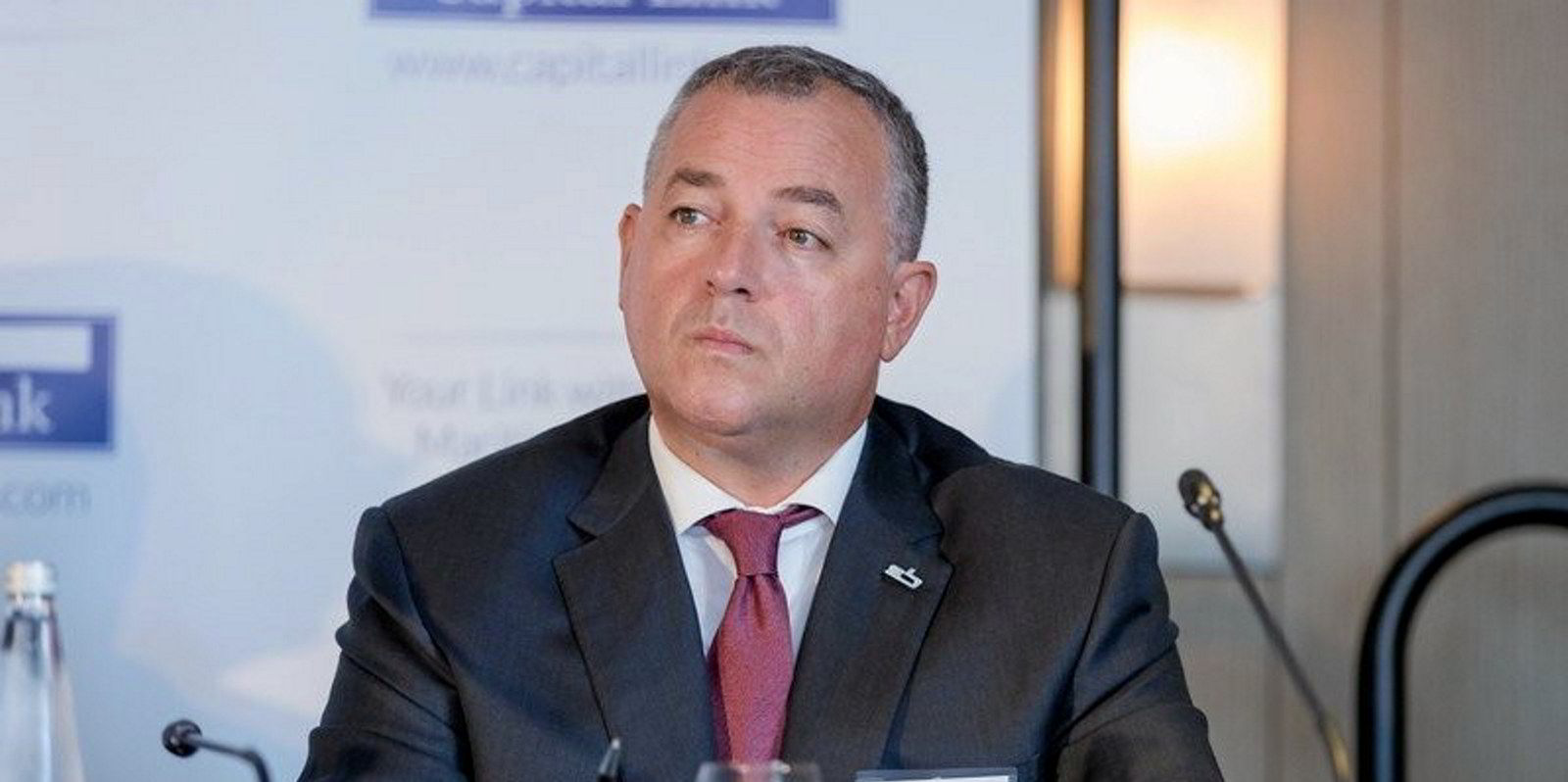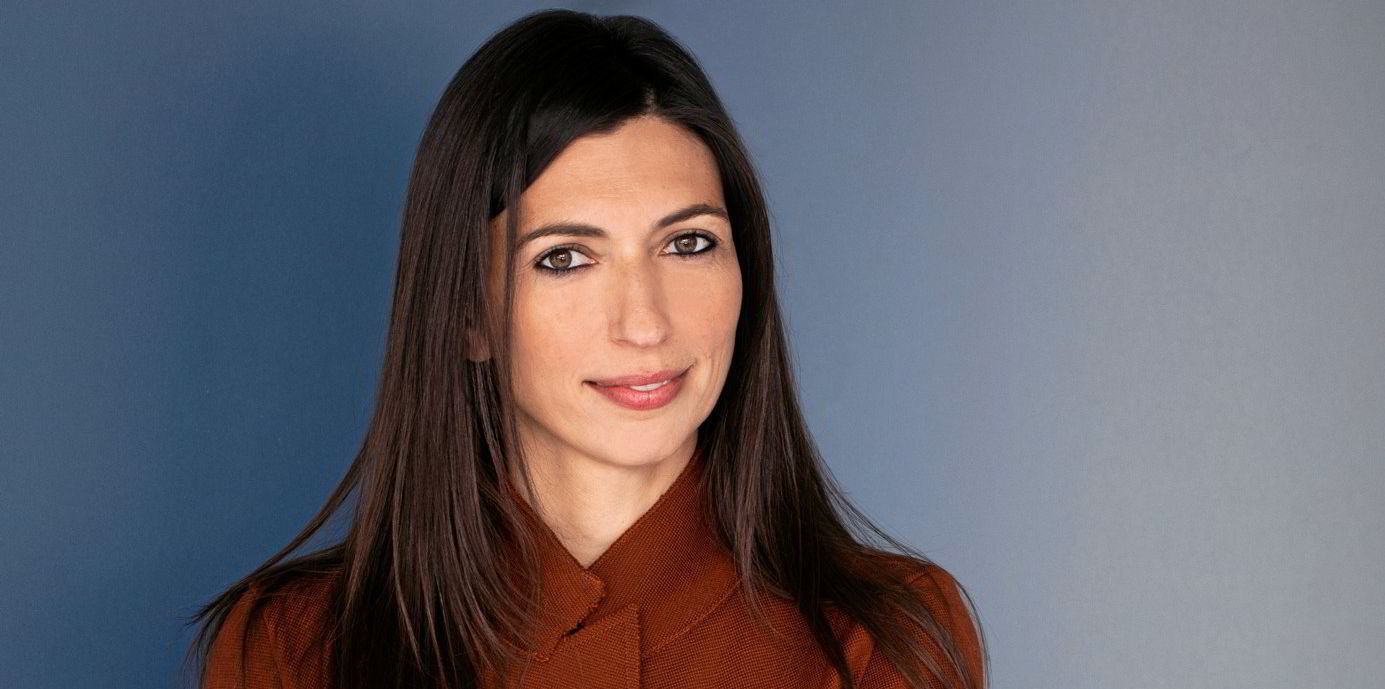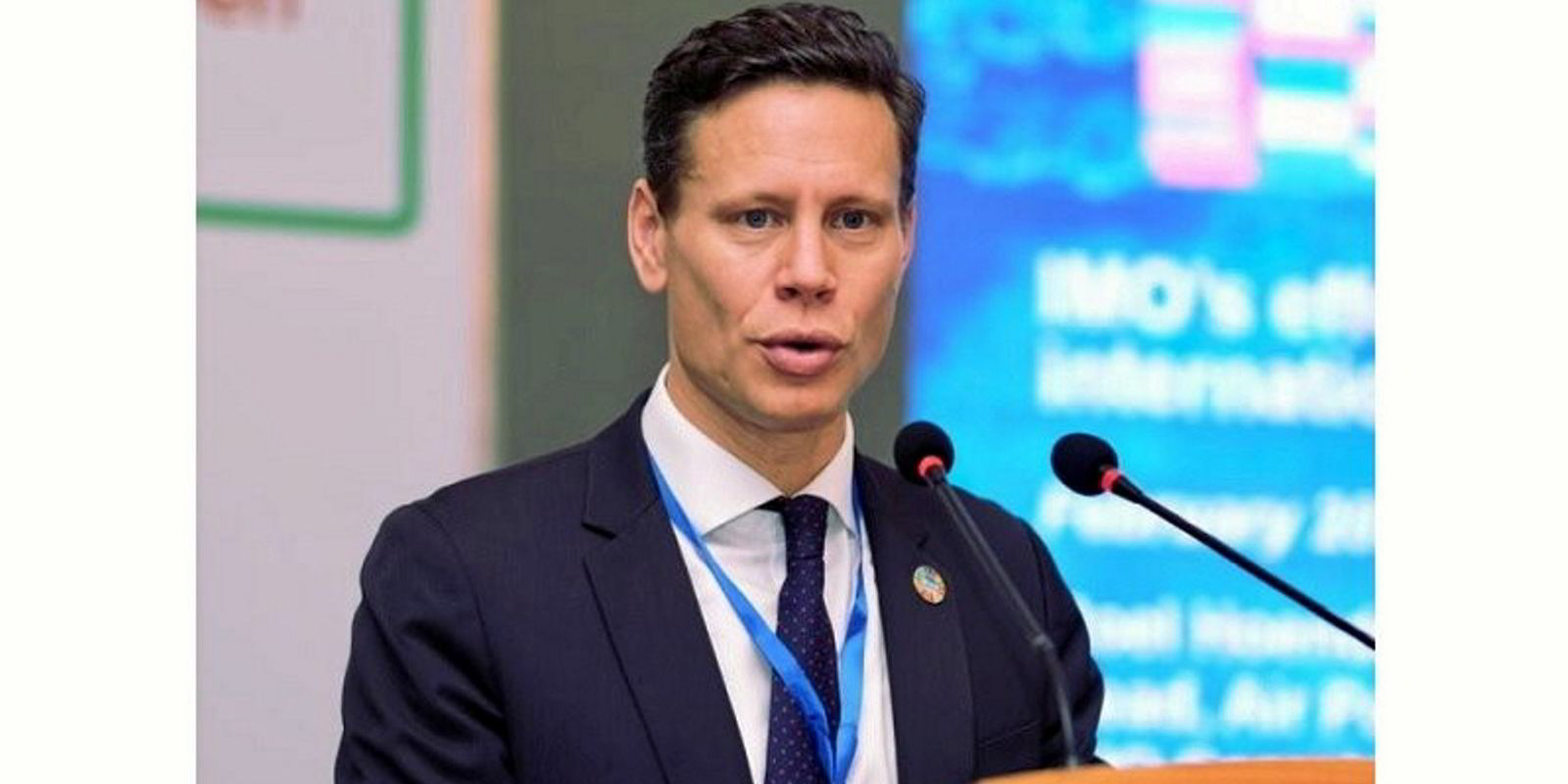When an owner applies low-friction paint to the hull of his ship to save on fuel, how much of the cost does the charterer bear?
At the moment, not nearly enough, argues Polys Hajioannou, the principal of US-listed Safe Bulkers.
Second-tier charterers often try to pay as little as possible to improve ships or help build better fuel-efficient ones even though they too stand to financially benefit, the Greek-Cypriot owner argued on Tuesday.
“We struggle to collect our hire sometimes from these people, let alone to explain to them that they have to pay for EU ETS or to share for FuelEU Maritime,” he said at the Maritime Cyprus conference in Limassol on Tuesday.
First-tier charterers speaking at a panel jumped in to explain things from their point of view.
In the case of marine paints specifically, one factor that makes it difficult for charterers to pay as much as owners want is that it is difficult to know how much fuel it really saves.
“You ask five people, you get five numbers,” said Jan Dieleman, president of Cargill Ocean Transportation, in response.
Another weighty factor is that charterers do not employ the vessels in question long enough to contribute in a way that owners would consider meaningful.
“It works if you have a five-year charter. Then the discussion becomes a lot easier,” Dieleman told Hajioannou.

The Safe Bulkers owner shot back that charterers might feel encouraged to hire vessels for longer periods if they were not distracted by market indicators, which they largely set themselves.
Whenever he suggests a five-year deal, charterers point out the forward freight agreement curve stuck at $10,000 per day over that period, Hajioannou said.
“Everybody loves the environment and green shipping, but they want the other guy to pay for it,” said Hajioannou, who last week ordered his first dual-fuel methanol vessels for about $45m apiece.
Penalties coming?
Hajioannou said he ordered these vessels without any signs yet that charterers are prepared to pay premium rates that would financially justify them.
“I don’t believe the industry is ready yet to reward early movers,” he said, adding: “I know we risk maybe $6m per vessel from our own money and our shareholders may not be happy with what we have done.”
Hajioannou said he was not even sure there would be green methanol available by the time both are delivered in early 2026.
He ordered the vessels to lock in low prices from six months ago. He expects they will help him avoid paying regulatory fuel fines in the future.
Hajioannou said he expects the International Maritime Organization to emulate the FuelEU Maritime regulation adopted by the European Union last year, which envisages such fines.
“I don’t want to face the music when that time comes, around 2030,” he said.





